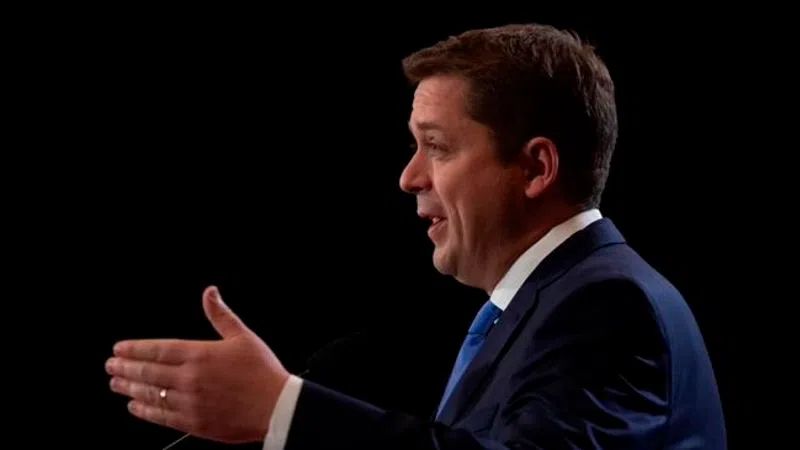
Scheer says Canada more divided than ever, as NDP, Bloc hold cards close
REGINA — Conservative Leader Andrew Scheer offered the Liberals no help Tuesday to try and piece together national unity after an election contest that’s left the country divided on regional lines.
Scheer seized on his party’s success in the popular vote, the complete annihilation of the Liberals in Alberta and Saskatchewan and the re-emergence of a strong Bloc Quebecois as evidence that whatever pleasure the Liberals might take from Monday’s night results has also come at a cost.
Prime Minister Justin Trudeau spent 40 days demonizing the provinces and anyone else who disagreed with him, said Scheer. The choice is his about what happens next.
“Justin Trudeau now has to make a decision if he’s going to change course, have a more co-operative approach with all provinces, or if he’s going to continue down on this path,” Scheer said in Regina.
